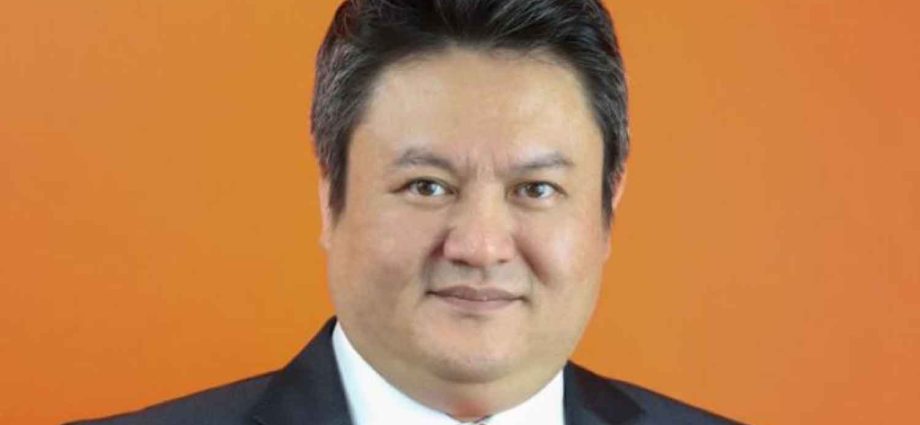
The main opposition People’s Party (PP) opposes the government’s proposal to introduce traffic congestion fees, arguing instead for prioritising a comprehensive public transport network to reduce urban crowding.
PP list-MP Surachet Praweewongwut said while congestion charges could help ease traffic, the current feeder system is inadequate to encourage people to switch from private cars to public transport.
Many commuters are already burdened with multiple costs, paying not only for electric train fares but also for motorcycle taxis to reach train stations.
Public buses, another primary mode of transport, are unreliable and of poor quality, he said, adding that water transport options are also limited.
Mr Surachet said the electric train and public bus systems operate independently without coordination, resulting in inefficiencies. “The government focuses on subsidising electric train fares, which are mainly used by middle-income earners, while lower-income commuters depend on public buses. I think the government has its priorities wrong,” he said.
Unless the government improves both electric train and public bus services to create reliable alternatives, collecting congestion fees will “bleed dry” those who have no choice but to use private vehicles, said the MP.
Mr Surachet also called for a restructuring of public transport fares, suggesting they should start at 8 baht and not exceed 45 baht per trip, regardless of transport mode.
He said integrated fare structures for different electric train lines need revision, prioritising commuter benefits over operator interests.
For example, taking 10 stations on the Green Line should cost the same as taking five stations on the Green Line, three on the Blue Line, and two on the Yellow Line, covering a total of 10 stations.
He added the government must assess which routes should be served by electric trains and which by buses, leading to better integration of bus networks with train systems.
He also insisted buying back the electric train systems would favour concession holders rather than the general public.
PP MP for Bangkok Suphanat Meenchainan said the government may have misplaced priorities. “It’s not that people don’t want to use the electric trains. Many find it inconvenient because they don’t live near major roads served by trains or buses,” he said.
He argued urban planning needs to address overcrowding, which worsens traffic congestion. Furthermore, the government lacks mechanisms to incentivise operators to relocate outside inner-city areas.
“The government must clarify its objectives — whether it’s to ease traffic congestion or subsidise fares. If the aim is to reduce traffic, it may fail because people lack alternatives.
“The funds from congestion fees would be better spent on expanding the transport network, particularly the bus system,” he said.

Surachet Praweewongwut

